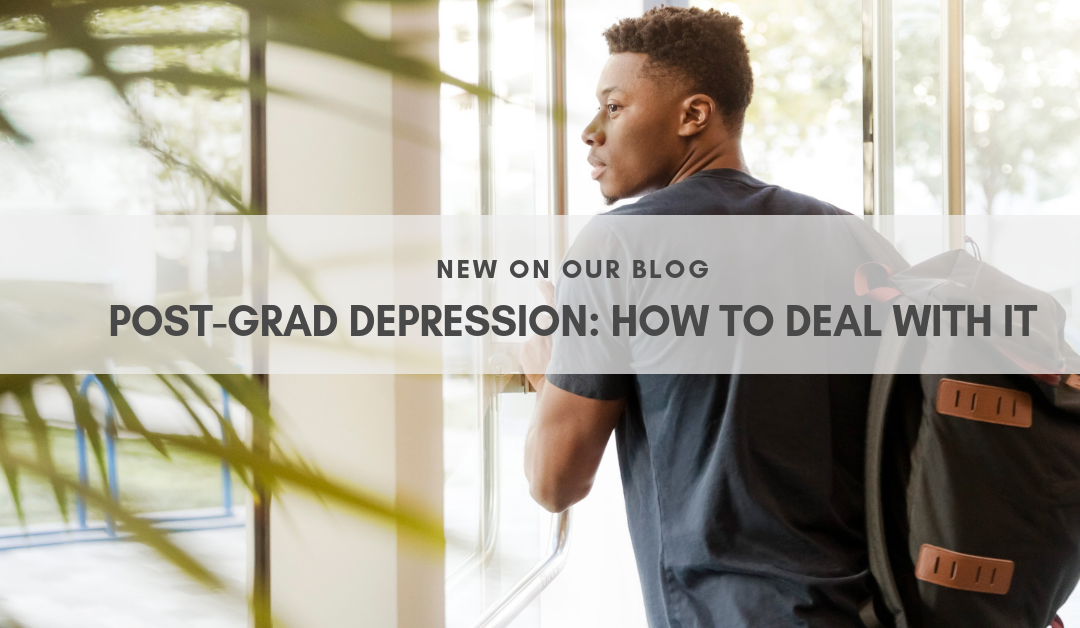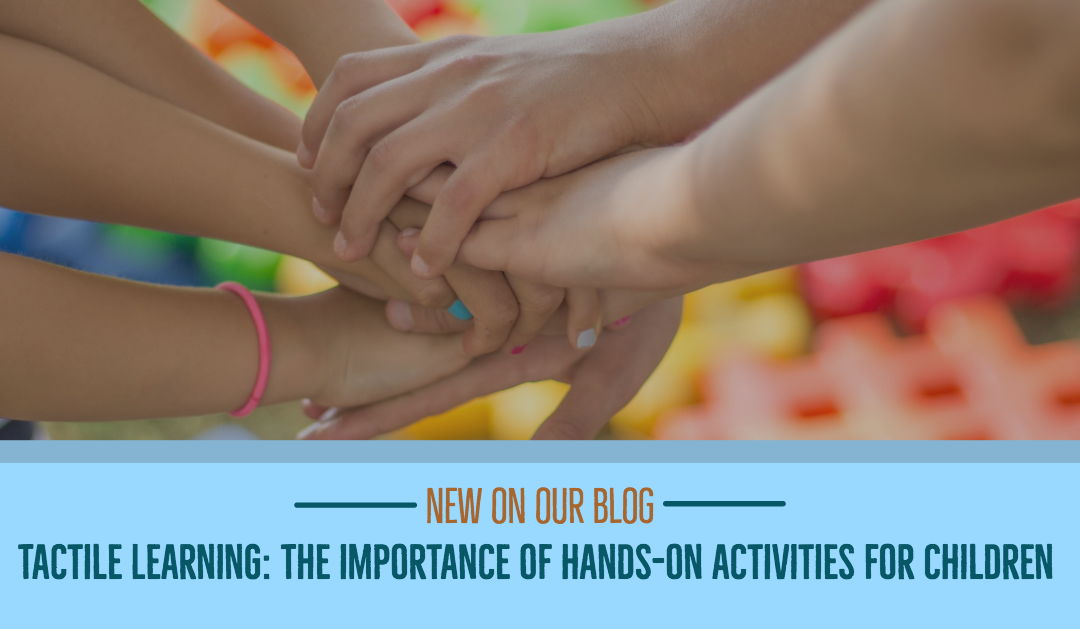
by Sara Hart | Sep 30, 2019 | Blog
By: Kelly M., senior clinician at South Bay
According to Dictionary.com, a circuit is defined as a roughly circular line, route or movement that starts and finishes at the same place or an established itinerary of events or venues used for a particular activity. Beautiful! What does that have to do with decluttering, you might ask? Well, before I get to that, we need a bit more information.
The first thing you want to consider when setting a decluttering goal – what needs decluttering? Perhaps you struggle with Hoarding Disorder and want to declutter your home or perhaps you want to declutter your lifestyle by placing restrictions or limits on people or behaviors. Regardless of your specific answer, this technique can be useful, but it’s important to have a clear idea in mind.
The second thing to ask yourself – are you willing to dedicate the time and energy to accomplish this decluttering project? If it seems like the universe is out to get you, it might not be the right time. This doesn’t mean you cannot work on this, but you may need to be creative with your timing and attention.
Let’s segue into attention now. Maybe you …

by Sara Hart | Sep 19, 2019 | Blog
Mental strength is the way you think, feel and behave during certain situations. Building mental strength will help you gain self-acceptance while working toward self-improvement. However, there are several misconceptions about what mental strength is and why it’s important. Below, we discuss common myths about developing mental strength.
Myth #1: Mental strength and mental health are the same thing.
Mental strength and mental health, although they may coincide, are not the same thing. Mental health isn’t something we can control – mental strength is. Factors such as genetics and past life experiences can lead to someone developing a mental health challenge, but this doesn’t mean that person isn’t mentally strong. Everyone has the ability to build mental strength, regardless of whether they have depression, anxiety, etc.
Myth #2: You’re either mentally strong or mentally weak.
There is no physical line that separates those who are mentally strong from those who are mentally weak. Everyone has room for improvement when it comes to building their mental strength, and working toward developing that strength does not mean that you’re weak. Just as increased physical strength requires daily work, so does mental strength. Coming to terms with the areas where we can grow …

by Sara Hart | Aug 13, 2019 | Blog
It’s common to experience fear when you decide to begin therapy sessions. At first, you may feel uncomfortable speaking about personal issues with someone you don’t know. While fear is a natural emotion, it can be confronted by reframing your anxious thoughts. Below, we offer a few tips on how to overcome your doubts about speaking with a professional clinician.
Decide what you’d like from your clinician.
From the get-go, be open and honest with your clinician about what you need from the session. Do you want someone who will offer advice? Listen silently? Would you like the conversation to be casual or feel more like you’re speaking with an expert? If you express your needs from the beginning, the clinician can then guide the session accordingly. Clinicians will work with you to better understand your needs and help you through life’s struggles.
You don’t have to go into it alone.
If speaking to a professional in a one-on-one setting scares you, you might find comfort in group therapy. In this environment, it’s up to you if you want to share your feelings or just simply listen to others, all of whom are working to navigate similar challenges. Depending on …

by Sara Hart | Jul 16, 2019 | Blog
From kindergarten through college, school is one of the main constants in a young adult’s life. Even though exams, projects and homework can be overwhelming and stressful for students, attending school provides a structure and potential support system that some people may not realize they depend on. And once graduation time hits, it can be intimidating to enter the “real world.” With stressors such as debt, job searching and social media expectations surrounding post-graduation, the transition can be challenging and can lead to feelings of anxiety and depression. Fortunately, every step along the way can be taken in stride – if equipped with the correct mindset.
Below are a few tips and words of encouragement to help conquer the battle that post-grad depression brings.
Recognize the risks of social media
Social media creates the facade that everyone is living the perfect life, which produces feelings of envy and anxiety in most young adults. Comparing yourself to others online can be damaging to your mental health. Know that social media only shows the highlight reels, and the hard times simply aren’t shared. Try giving your friends on social media a call instead. You may learn that they are experiencing similar problems, …

by Sara Hart | Jun 24, 2019 | Blog
Did you know that the first three years of a child’s life are the most impressionable? From ages zero to three, children begin to develop their own personalities and socialization skills and conquer some of the most important physiological milestones. These skills expand throughout childhood, which is why it’s important to leverage a system of teaching that aids learning through the senses, particularly through the sense of touch. Below, we explain the importance of tactile learning in helping promote strong, positive mental wellness in your child.
Helps children with learning disabilities
Since cognitive learning and physical activity are parallel and essentially reinforce one another, tactile learning methods can help improve a child’s concentration and learning capacity and increase self-confidence. A play-based learning technique allows children who struggle to maintain focus and learn in a traditional setting to succeed. This type of learning allows children to become engaged through intentional play tactics that help build the foundation for future education.
Promotes positive growth
Consistent, positive interactions with adults and other children their age allow a child to develop a positive, more relevant perception of the world around them. With instructors and parents engaging in play, whole parts of the child’s brain …





